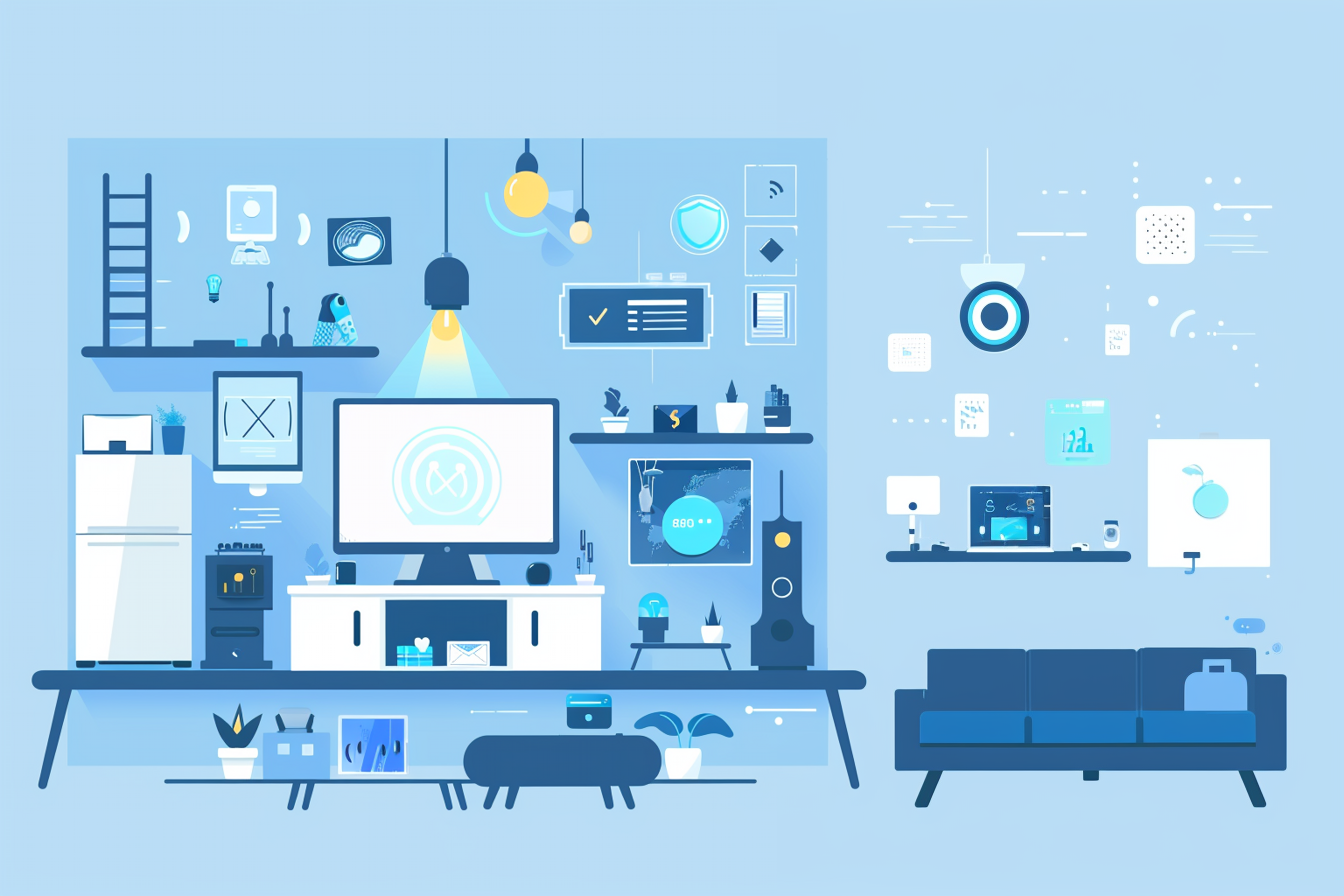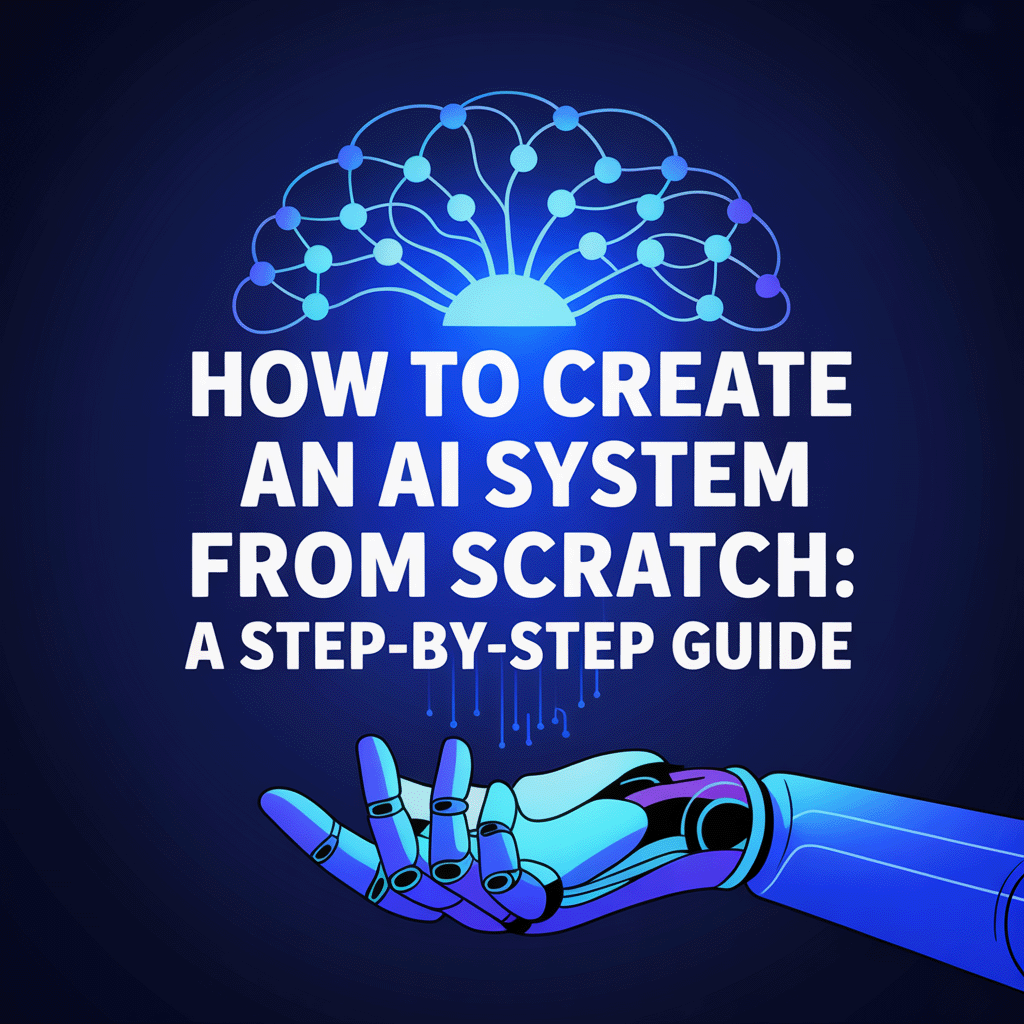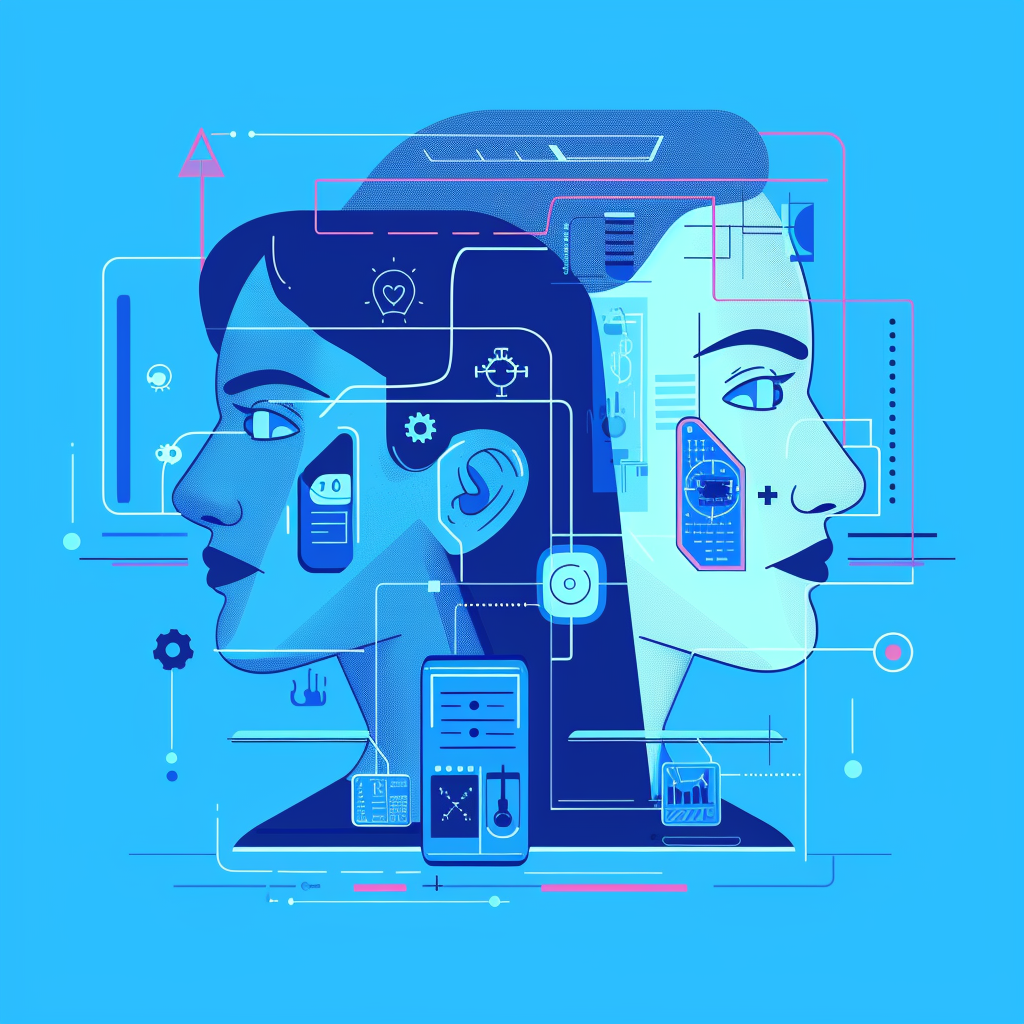Humankind strives to live a more accessible and convenient life, which has driven innovation and progress. As a result, our daily lives are now filled with smart devices like smartphones and smartwatches. However, progress has not stopped there. High-tech gadgets are now incorporated into various industries, such as manufacturing and healthcare. Even in our homes, we can now use voice-controlled devices to turn on the TV or play our favorite songs. Behind this is the Internet of Things (IoT)— a network of objects with sensors and software installed to connect to the Internet and gather and exchange data. These devices can range from the smoke alarms in your house to the smart cars that track traffic.
But how much more intelligent can these devices get? Can they make decisions on their own before you even think about that? Of course, if you add a pinch of AI.
Mix IoT and AI, and a utopian life does not sound far-fetched. Very soon, devices that can learn from previous experiences and act long before you make your call will be a reality. Are you ready to see how it will play out and benefit your life?

What is the future of AI and IoT?
The future is the Internet of Things. Many companies and corporations have already started incorporating IoT into their routine. Statista estimates that the worldwide market for the Internet of Things (IoT) is expected to reach approximately 336 billion U.S. dollars by 2024. It is projected to exceed 621 billion U.S. dollars by 2030, meaning its revenue will triple within a decade.
IoT wins because:
- It saves money and time
- It minimized human intervention (no more human errors)
- It is efficient and safe
- It improves the quality of life.
But IoT is not without some challenges. The main hurdle yet to be overcome is the amount of data the IoT has to deal with.

Devices gather a lot of information to pass on to other data centers to help with processing and decision-making. Logically, this whole path is time-consuming, and the results are not always precise. IoT needs artificial intelligence to make instantaneous decisions.
Here is a case in point. Imagine a situation where you don’t have to manually adjust your home’s thermostat. The intelligent, AI-powered thermostat will automatically detect your presence and adjust the temperature based on your preferred settings. It is just one example of what AI in IoT can achieve.
When used in manufacturing, artificial intelligence algorithms in IoT can predict when equipment can break down. Such preventive measures can significantly decrease maintenance costs and prevent work interruption.
Since IoT processes a lot of data, there is always a risk of a security breach and sensitive information being stolen. IoT, combined with artificial intelligence devices, can detect threats by analyzing data from sensors and security cameras and offer solutions for potential issues.
Learn Internet of Things statistics in our article.
AI for Smart Home
Artificial intelligence can bring comfort and efficiency not only in your professional life but also in your home environment. Whereas IoT can make your home devices communicate with each other, AI will ensure that this interaction is smooth and intuitive so that you, the owner of the house, wouldn’t need to give it much thought.

With AI, your home will become like a living thinking creature. It sounds futuristic and even scary, but the results of many studies prove otherwise. AI smart home is indeed a very effective practice, and here are some features that might soon become part of your reality:
- Energy and lighting management — AI-powered automatic timers and motion sensors can prevent unnecessary electricity usage, significantly reducing energy waste over time. Another excellent option is smart bulbs, which can connect to the Internet, remote control, and personalized modes.
- Smart Locks — These are home security systems, and the only way to open doors will be by using biometric features like fingerprints, voice, or face.
- AI robots in real life — They will become full-fledged members of the family who will assist with cleaning, cooking, attending to the garden, and many other chores. There is also a possibility that these robots will heal themselves, reducing repair costs for you.
- Security artificial intelligence devices — Cameras and sensors can detect unfamiliar people’s faces or suspicious activity in the apartment and send notifications about the threat to the house owners or police.
- Smart thermostats — These gadgets control the home temperature according to your needs and save energy and money. According to studies, smart thermostats save about 10%-12% of heating and 15% of cooling usage in homes with central air conditioning.
- Home automation applications — Multiple devices might be overwhelming for a person to control. Some applications, like Apple HomeKit, can combine all these accessories and make the controlling aspect straightforward and intuitive.
Transforming Your Daily Life with AI
Implementing artificial intelligence should not stop with your house. Here are some more practical applications of AI in everyday life:
- Body trackers — These gadgets can track all the necessary body metrics and give you an overview of your well-being. One example of such a device is WHOOP, which gathers information on your sleep patterns, strains, and recovery. Monitoring your body gives you personalized advice on how to boost your immune system, build a sleep schedule, and improve the general performance of your organism.
- Smart inhalers — Asthma is one of the most common chronic diseases in the world, and while inhalers are of great help, most people neglect the strict recommendations on how to use them. Smart inhalers will eliminate this issue. The sensors inside of them can detect the dosage, the location where the patient used the inhaler, and the environmental factors (such as air pollutants, which can trigger asthma). Smart inhalers can alert patients if they miss or repeat doses of their medication. They can also remind patients to take their doses on time, automatically adjusting the reminders based on the last dose. Additionally, these inhalers can improve the technique and effectiveness of medication inhalation.
- Smart clothes — Your garments can also make your life more comfortable. With smart sportswear, you can keep track of your fitness activity, while smart pajamas can absorb heat from your body to make you sleep soundly. Smart socks will be perfect for runners who need information on where the feet get the most pressure during the run.
Final Note
Today, we are lucky to witness a tremendous technological breakthrough, and AI and IoT are orchestrating this process. We will soon reach new heights of comfort, security, and efficiency in every aspect of our lives, with AI-powered devices as our most trusted companions and assistants.
This transformation will happen much sooner than you anticipate. Therefore, it is crucial to stay up-to-date with the latest technological advancements and embrace them to remain competitive and gain an edge in this fast-paced world.
AI in IoT is a promising domain, and if that sparks your interest, you can safely rely on the expertise of our specialists. Get in touch with us to create something truly remarkable!





